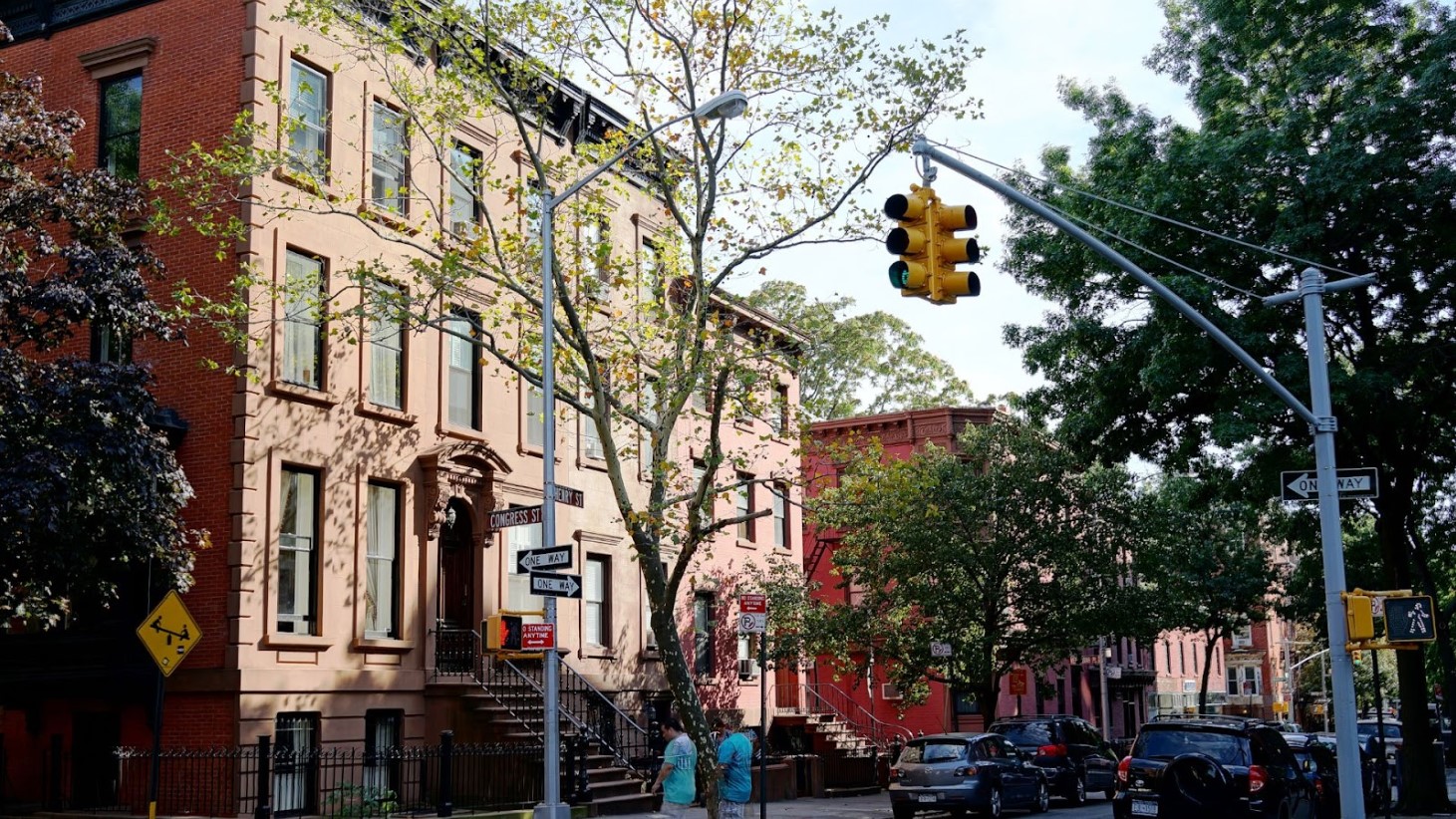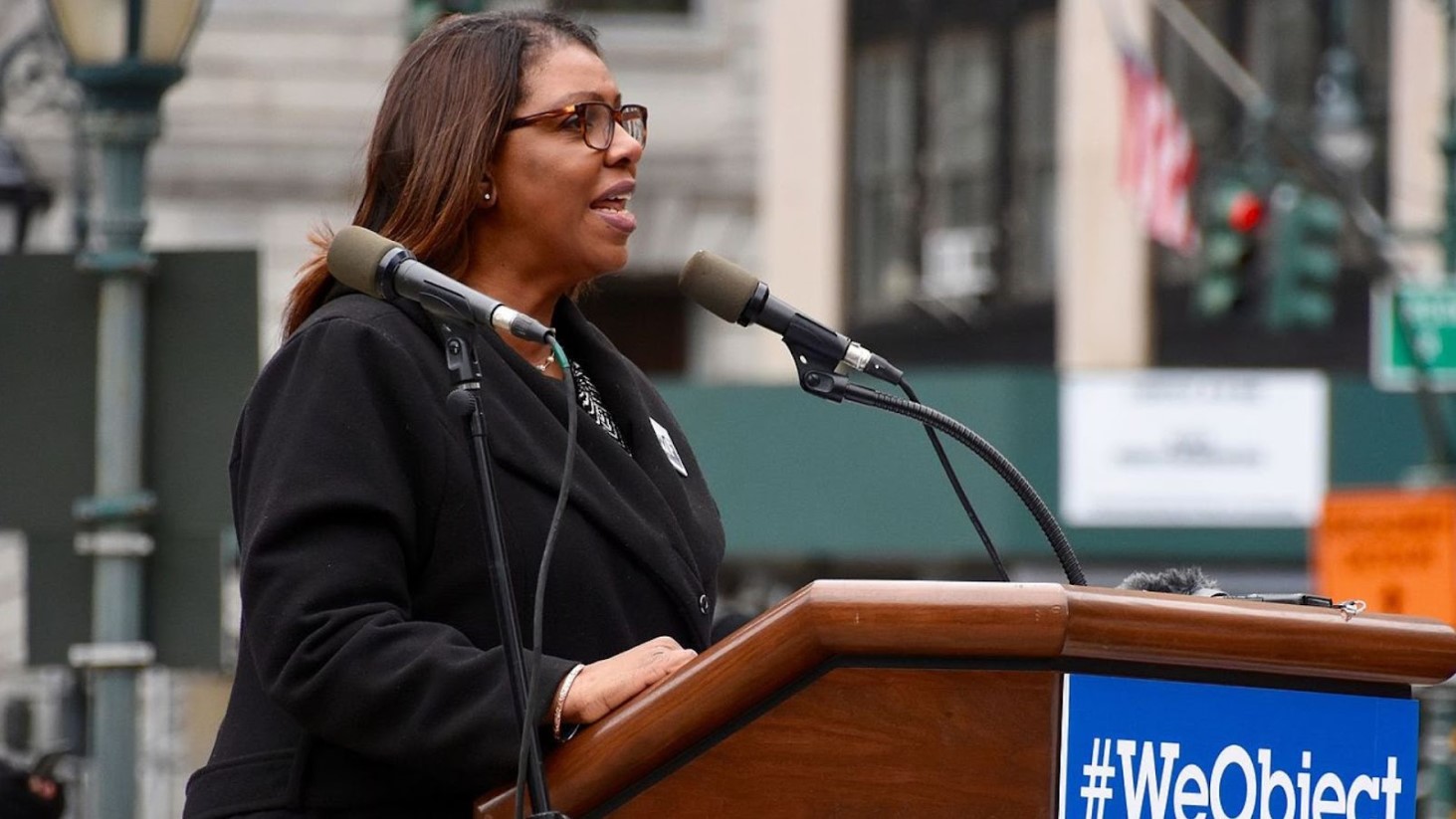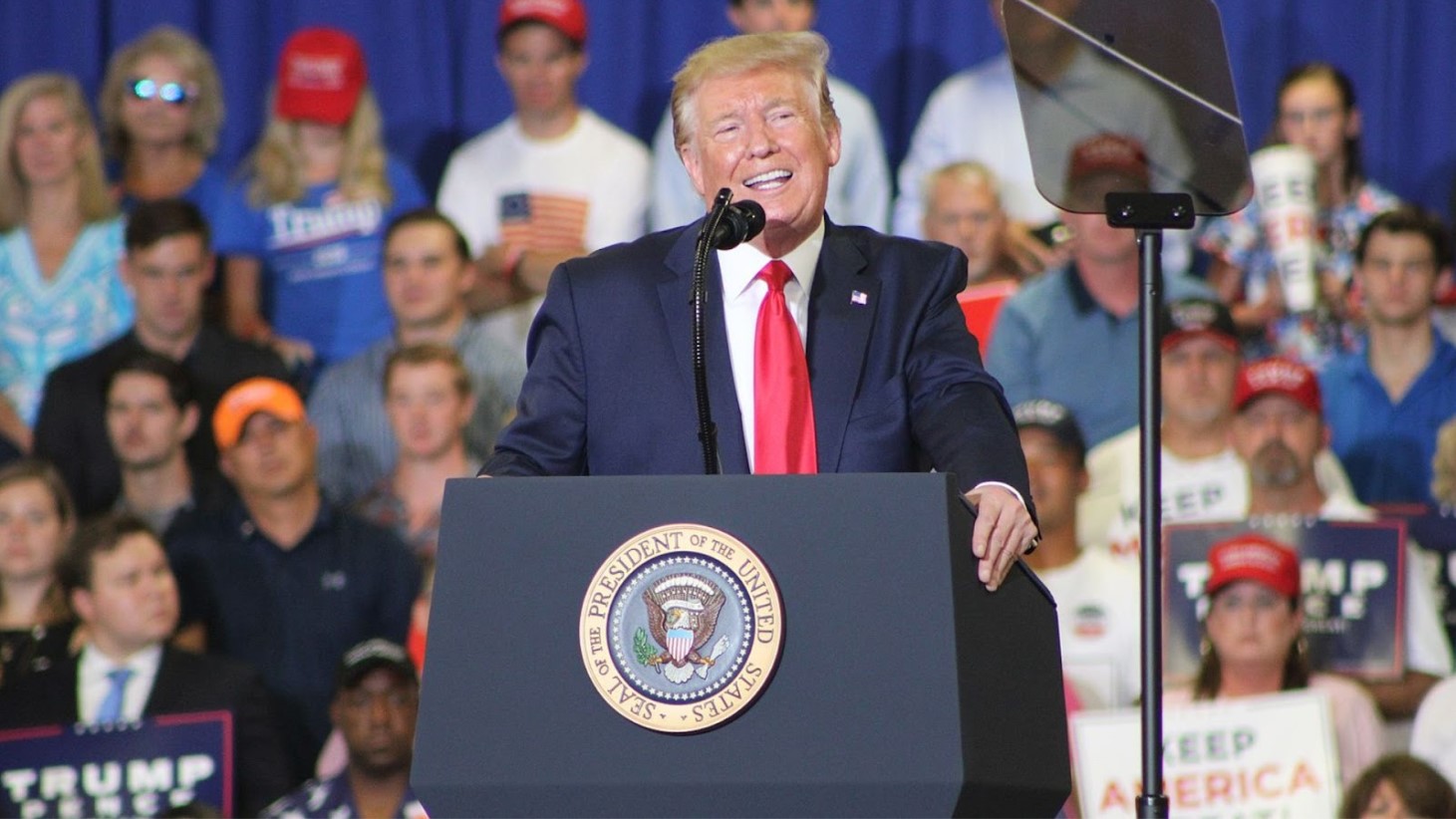New York City is facing an unprecedented challenge with unpaid property taxes expected to reach a record $880 million in the current fiscal year.
This significant increase is attributed to the city’s diminished capacity to enforce penalties for tax delinquency. The offering document for a city general obligation bond sale, obtained by Bloomberg, forecasts a more than 30% jump in unpaid taxes compared to three years ago, signaling a growing issue in tax collection efforts.
The Consequence of Non-Enforcement

The lack of consequences for not paying property taxes is a major concern for city officials.
Preston Niblack, the city’s finance commissioner, highlighted the issue at a City Council finance committee meeting, stating, “It’s not just the absolute dollar amount that I think should worry us all.”
Significant Debts Owed by Property Owners

The scale of the issue is illustrated by the debts owed by specific properties in New York City. A 16-unit rental building in Cobble Hill, Brooklyn, has accumulated a debt of $52.2 million, while a 49-unit apartment building in the Bronx owes $24.7 million.
These figures were compiled by the city Department of Finance for Bloomberg, showcasing some of the highest individual debtor cases.
The Impact of Policy Changes During the Pandemic

The increase in unpaid property taxes has been linked to the expiration of the tax-lien sales program, which was not reauthorized by the City Council.
This program had previously provided a mechanism to enforce tax payments by penalizing delinquency, and its absence has left a gap in the city’s tax collection capabilities.
Proposed Legislation to Revive Tax-Lien Sales

In response to the growing issue, the Department of Finance is working on legislation that would reintroduce tax-lien sales.
This measure aims to ensure that homeowners do not face foreclosure or eviction due to unpaid taxes. By bringing back this enforcement tool, the city hopes to incentivize property owners to settle their outstanding debts.
The Process of Tax Lien Foreclosure

If property owners fail to pay their taxes, the city has the authority to foreclose on the property and sell it at auction, as detailed on New York City’s Housing Prevention & Development website.
This process is part of the city’s efforts to manage and recover unpaid municipal charges, including housing maintenance, water, and sewer-related bills.
Securitizing Debts to Manage Unpaid Taxes

To address the issue of unpaid taxes, New York City plans to bundle marketable liens into securities and sell them at a discount to a third-party trust.
This approach allows the city to receive funds upfront while transferring the responsibility of debt collection to an external entity, which will also handle the added fees and interest payments.
The Burden of Additional Fees on Homeowners

The additional fees associated with tax liens have been criticized by New York Attorney General Letitia James for turning small tax liens into significant financial burdens that could lead to foreclosure.
James highlighted the mandatory 5% surcharge, legal fees, and compounded daily interest rates of 9% or 18% as factors exacerbating the financial strain on homeowners, according to Bloomberg.
Office Space Vacancy and Financial Strain

New York City’s real estate sector, particularly office buildings, is experiencing difficulties in attracting tenants, contributing to financial pressures on property owners.
The overall vacancy rate for Manhattan office space reached a record high of 22.5% in November 2023, further complicating the city’s economic landscape, as per Bloomberg’s findings.
Property Taxes as a Critical Revenue Source

Property taxes are a vital component of New York City’s budget, expected to contribute $32.7 billion in the fiscal year ending in June 2024.
This represents nearly half of the city’s tax revenue and a significant portion of the total funds for the city’s $114 billion budget, highlighting the importance of efficient tax collection to the city’s financial health, according to Bloomberg.
The Intersection With Legal Battles

The issue of unpaid property taxes coincides with Attorney General Letitia James’ focus on legal proceedings against Donald Trump for alleged decades of business fraud through his real estate empire.
The settlement amount was reduced from $364 million to $175 million.
Addressing Tax Delinquency: A Closer Look at NYC’s Challenge

City Council Member Gale Brewer, representing Manhattan’s Upper West Side, highlighted the severity of the tax delinquency issue, noting that three buildings within her district each owe around $1 million in unpaid property taxes.
Forbes reveals that this is part of a wider trend observed across New York City, where as of March 8, the Department of Finance reported that single-family and condo owners constituted a third of all delinquencies. Rentals accounted for 28.5% of the total, while commercial properties made up 38.2%.
